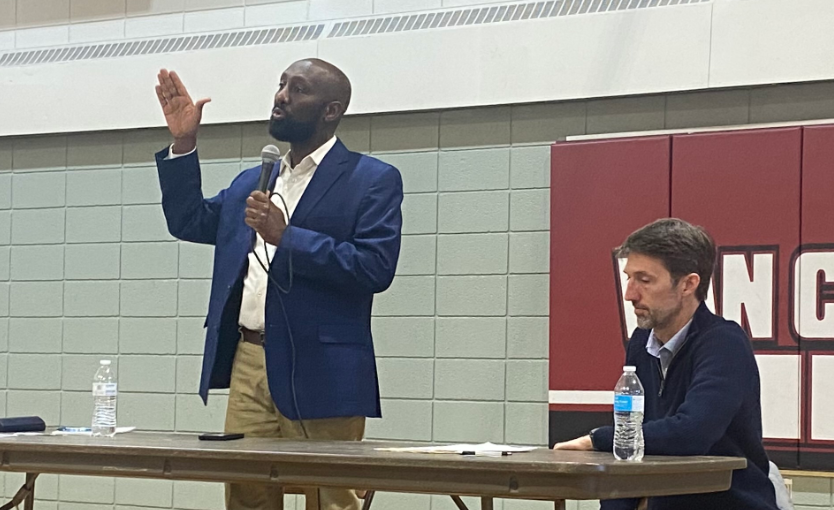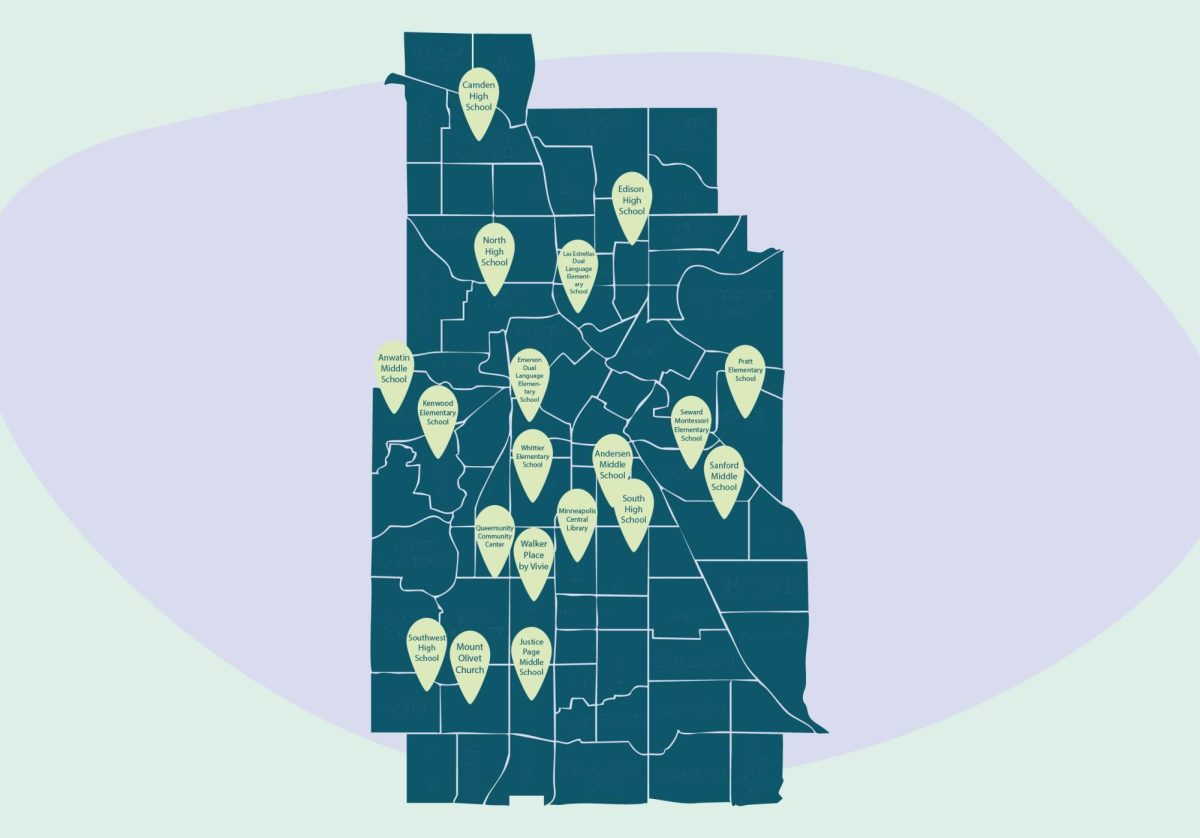Minnesota legislators want to legalize and regulate sports gambling, but gambling addiction advocates are advising caution.
A bill currently moving through the state Legislature aims to regulate and legalize sports betting by establishing licenses, taxing bets and creating criminal penalties for sports gambling illegally under 21 years old.
People aged 18 to 35 years old are the largest age group participating in sports betting and have experienced problem gambling, according to a study by the National Council on Problem Gambling. A Minnesota Alliance on Problem Gambling (MNAPG) survey found that around 65% of Minnesotans have gambled and lost money in 2023, Business Wire reported.
Problem gambling is the uncontrollable urge to gamble despite damaging consequences and a desire to stop, according to the MNAPG website.
Susan Sheridan Tucker, the executive director of MNAPG, said problem gambling is an addiction to the dopamine rush a person gets when they win a bet, not earn money.
“It’s not a moral failure, which is often where people come down on this,” Sheridan Tucker said. “But we will continue to advocate for consumer protections.”
Sen. Jeremy Miller (R-Winona) said he has been working on legalizing sports betting since 2018 after the U.S. Supreme Court legalized sports betting on a state-by-state basis. Miller said he heard a lot of support from his constituents in southeastern Minnesota and would like more movement on the bill this session.
“We have a lot of momentum that was built up from the last legislative session,” Miller said. “I believe we have a proposal that, if voted on the Senate floor, would get strong bipartisan support.”
Sports betting already has a market in Minnesota, as gamblers use offshore accounts, online bookies or drive over to Iowa to gamble, Miller said. By legalizing sports betting, the state could benefit from the tax revenue and create stronger regulations restricting sports gambling to those 21 years or older, Miller added.
“By regulating it, we can help control who’s doing it and make sure that folks that aren’t supposed to be doing it or are too young to bet aren’t doing it,” Miller said. “Then additionally, we would be able to benefit from the tax revenue that’s generated from sports betting.”
Sheridan Tucker said small bets, like $10 on a Vikings win, are not especially concerning. Instead, placing multiple bets during games is when sports gambling can become dangerous.
“If a game is kind of on the dull side, if you’re looking for those dopamine hits, that action, then you’re likely going to kind of go outside the norm in terms of what your bets are just to keep into action,” Sheridan Tucker said.
MNAPG is a neutral organization that advocates for responsible gambling regulations and helps families and individuals in gambling addiction recovery.
Miller said addressing problem gambling in the sports community is important to consider when regulating sports betting.
“We want to make sure that those folks that do struggle with problem gambling have the support and services that they need,” Miller said. “There’s funding for problem gambling support (in the bill) as well as funding to help enhance youth sports in Minnesota.”
MNAPG advocated for restrictions on sports gambling platform advertising in the Senate regulation bill, particularly no advertising near college campuses, to protect young gamblers and student-athletes, Sheridan Tucker said.
University of Minnesota student Ben Anderson said his interest in sports betting started when his dorm roommates would gamble on their phones during sporting events.
Anderson, originally from Virginia where sports betting is already legal, said some people send money via Venmo to friends in gambling-legal states to place bets while in Minnesota.
“If you watch sports a lot, I feel like especially recently it’s become more and more prominent that they host the lines for everything,” Anderson said. “You’ll see broadcasters will suggest picks.”
Tyler Birschbach, digital marketing manager for Minneapolis-based sports betting social platform BettorEdge, said in an email statement the platform’s college-aged users enjoy betting against one another because it mirrors the experience of watching a game with their friends.
“My main experiences with betting were bets between friends, typically involving who would pay for food or drinks when we were out watching games together,” Birschbach said in the email.
Anderson said he believes sports fans are drawn to sports betting in hopes of making games more enjoyable and interesting. He added that the idea of winning money and enhancing the sports experience is appealing to college-aged people.
“For me in the dorms, a lot of us were under 21 that were doing it,” Anderson said. “It was just kind of a way to make watching the games more fun and obviously the prospect of winning is exciting.”
However, Anderson said he feels conflicted about legalizing sports betting in Minnesota because legal or not, people will find ways to do it. BettorEdge launched in 2019 and won the University of Minnesota’s SportRadar Innovation Challenge. Although the betting platform was created by college students, Birschbach said in his email statement most of the platform’s users are older than college students.
“While most of our community is past college-aged, we have heard from a number of users in college that they enjoy our head-to-head take on betting as it fits in with how they are already watching games with friends,” Birschbach said in the statement.
Sheridan Tucker said aside from regulating sports gambling for of-age gamblers, combating gambling addiction needs to start with spreading awareness about the addiction to teenagers and kids.
“What just irks me to no end is that there is no prevention material in the schools,” Sheridan Tucker said. “The state has yet to acknowledge this as a peer addiction, so while they talk to kids about smoking and drugs and vaping and all of that, not a word is mentioned about problem gambling.”
Correction: A previous version of this article stated that MNAPG was the Minnesota National Alliance on Problem Gambling. It is just the Minnesota Alliance on Problem Gambling.














